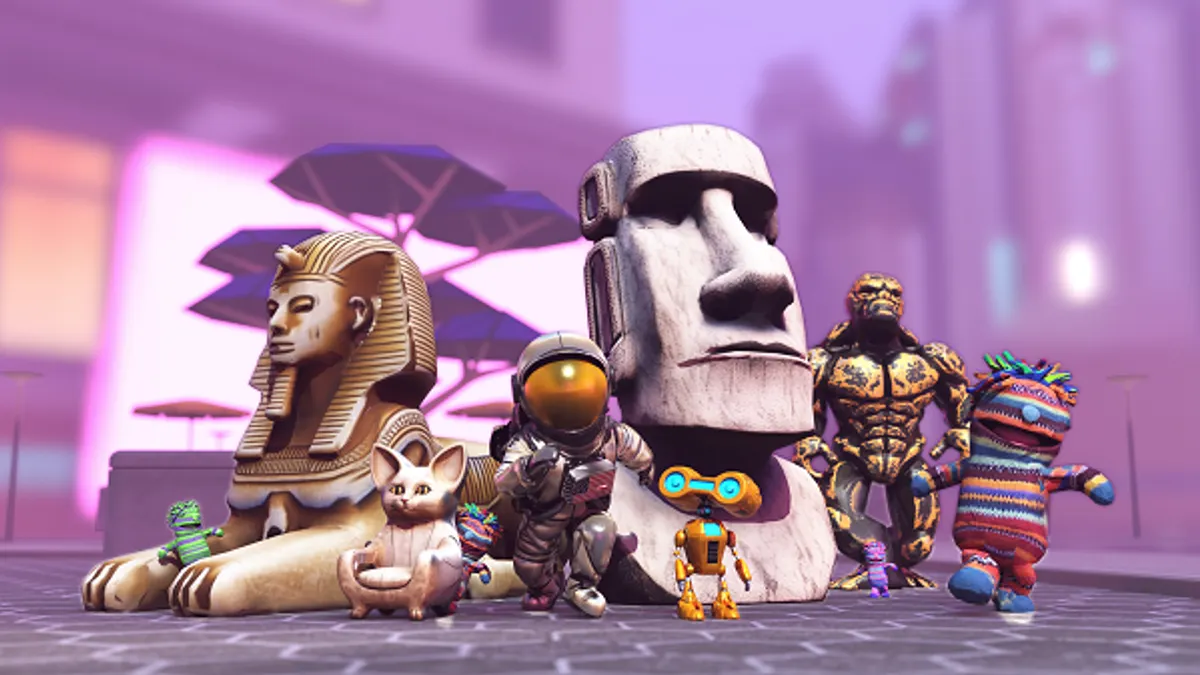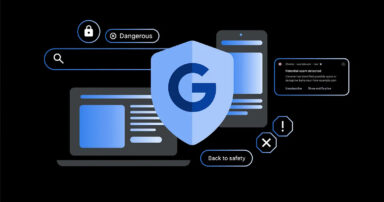ChatGPT: The Ultimate Guide to OpenAI's Chatbot
OpenAI's ChatGPT has revolutionized the AI world since its November 2022 launch. Initially designed for tasks like essay and code generation, it now boasts millions of weekly active users. This guide covers ChatGPT's evolution, features, controversies, and future.
A Timeline of ChatGPT Updates
ChatGPT has undergone continuous development. Here's a timeline of key updates:
- May 2025: ChatGPT deep research connects with GitHub (beta), data residency program launched in Asia, OpenAI for Countries program announced, and efforts to address sycophancy issues.
- April 2025: Clarification on sycophancy issues, bug fix for inappropriate minor conversations, enhanced shopping features in ChatGPT search, exploration of cloud model integration, and development of an open AI model.
- March 2025: Plan for a new open language model, removal of image generation restrictions, adoption of Anthropic's MCP, leadership updates, and upgraded transcription and voice-generating models.
- February 2025: Cancellation of o3 model in favor of GPT-5, analysis of ChatGPT's energy consumption, improved chain of thought in o3-mini, and guest access to ChatGPT web search.
- January 2025: Use of r/ChangeMyView for AI persuasion testing, launch of o3-mini, demographic data of ChatGPT users, ChatGPT Gov launch, and introduction of user-assigned traits.
ChatGPT FAQs
What is ChatGPT? How does it work?
ChatGPT is an AI-powered chatbot developed by OpenAI. It uses a large language model (GPT-4) to generate human-like text based on user prompts.
When was ChatGPT released?
ChatGPT was released on November 30, 2022.
What is the latest version of ChatGPT?
The latest model powering ChatGPT is GPT-4o.
Is ChatGPT free?
Yes, a free version of ChatGPT is available. A paid version, ChatGPT Plus, offers additional features.
Who uses ChatGPT?
Anyone can use ChatGPT. Businesses and search engines are increasingly integrating it for automation and quick responses.
What companies use ChatGPT?
Many companies use ChatGPT, including Microsoft, which has integrated it into Windows 11.
What does GPT stand for?
GPT stands for Generative Pre-trained Transformer.
What's the difference between ChatGPT and a regular chatbot?
ChatGPT is an AI-powered chatbot using LLM technology, while regular chatbots can be simpler, rule-based systems.
Can ChatGPT write essays and code?
Yes, ChatGPT can generate essays and code.
Can ChatGPT commit libel?
ChatGPT can generate false information, which raises concerns about potential libel. Legal implications are still being explored.
Does ChatGPT have an app and an API?
Yes, ChatGPT has a mobile app for iOS and Android, and an API for developers.
What are some uses for ChatGPT?
Everyday uses include writing, summarizing, and idea generation. Advanced uses include code debugging and complex problem-solving.
Are there alternatives to ChatGPT?
Yes, alternatives include Together, Google's Gemini, and Anthropic's Claude.
How does ChatGPT handle data privacy?
OpenAI provides a form for users to object to the processing of their personal data and request deletion of AI-generated references.
What controversies have surrounded ChatGPT?
Controversies include generating harmful instructions, false accusations, plagiarism concerns, school bans, and copyright infringement lawsuits.
This comprehensive guide provides a detailed overview of ChatGPT, its evolution, and its impact on the AI landscape. As ChatGPT continues to evolve, it will undoubtedly shape the future of how we interact with technology.









